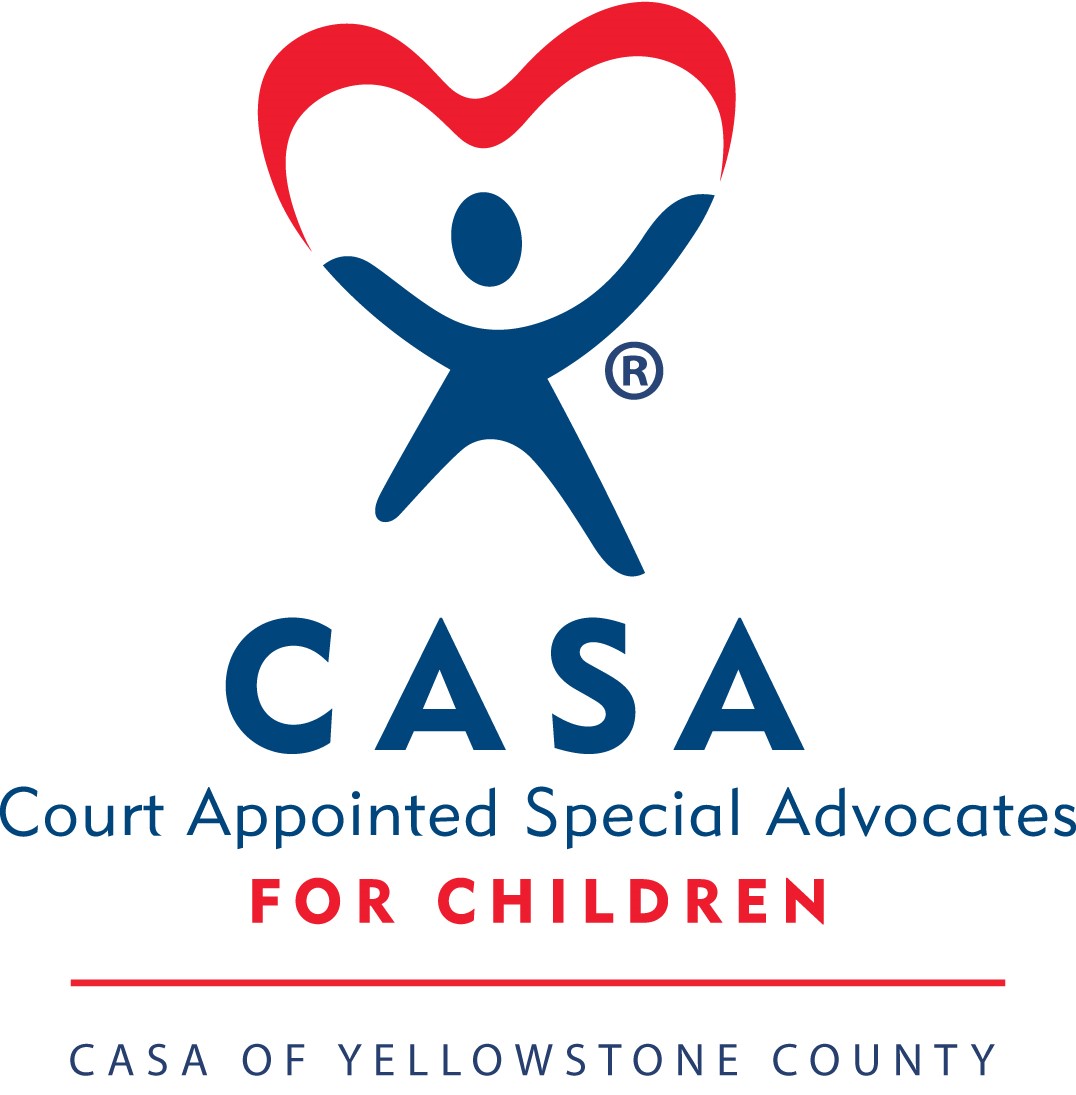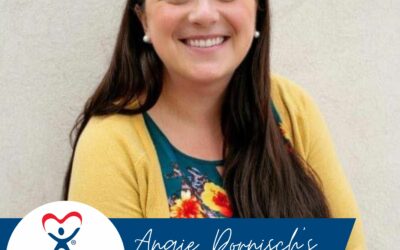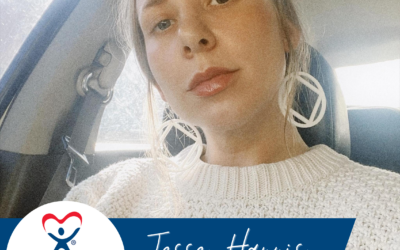For some, the holidays of autumn and winter are a time for nostalgic reflection on past holidays with loved ones. For others, those memories are fraught with grief and mixed emotions.
Foster care, and even kinship care, can be a challenging backdrop for the kids served by our Court Appointed Special Advocates. Even if most of the holidays they remember were pleasant affairs, they are now thrust into a world that is different from the one they have lived in. Navigating this new world can be daunting, but CASAs can help!

Photo Credit: Trygve Finkelsen
CASAs can acknowledge the challenges kids are facing and be a listening ear. Some kids feel ashamed of not entirely appreciating the new, “normal” life their placements are offering them. They may be embarrassed at not being ready to dive into the hearty holiday season of trick-or-treating, Thanksgiving feasts, and chopping down Christmas trees that their new family seems to take for granted. CASAs can ask, “What’s it like for you to be celebrating this way?” and then listen to what the kids have to say.

Photo Credit: Element5 Digital
CASAs can be a bridge between the family of origin and the current placement family. The current placement may be of a different culture than the child came from. This may be something as simple as different families giving varying priority to different holidays. (For example, for some families, Thanksgiving is sacred. For others, it’s a chance for the family to spend time together if everyone can make it work.) For some kids who come from a biological family of one religious background but are placed with a family of a different religious background, this can mean holidays are being celebrated that are brand new to the kids—or maybe there are holidays that are not celebrated at all. (Think of a child from a Protestant biological family who is placed with a Jewish family.) Or holidays can have major cultural repercussions, especially for Native American kids in care who are placed in non-Native homes. CASAs can ask, “How are you used to celebrating this holiday?” and facilitate conversations between the kids and the placement in an effort to enrich their lives together.

Photo Credit: Pixabay
CASAs can help identify extended family and fictive kin. Let’s face it—some kids are mature enough to answer the question, “Who is your extended family?” fully and accurately. But some kids, especially younger ones, have a hard time wrapping their heads around such an abstract concept. Instead, as the conversation turns to holidays and CASAs’ relationships with the kids develop, CASAs can talk to kids about their holiday memories while keeping an ear out for who comes up in those memories. It could be that a genealogically and geographically distant family member or family friend comes to light. This can be a great asset to kids if reunification is ruled out as the permanency plan and Plan B needs to be established. Even if reunification is still on the table, kids benefit from maintaining their connections with safe adults, so social workers may be interested in facilitating visits between kids and extended family or fictive kin. CASAs can ask, “Who are you used to celebrating this holiday with?” and share the answers with the social worker.
Let’s use this upcoming holiday season as a new avenue for advocacy! If you’re interested in becoming a CASA and advocating for kids through all the ups and downs of their lives, please email ben@yellowstonecasa.org or call 406-259-1233.
Ashley Milsop is a Program Coordinator for CASA of Yellowstone County.





